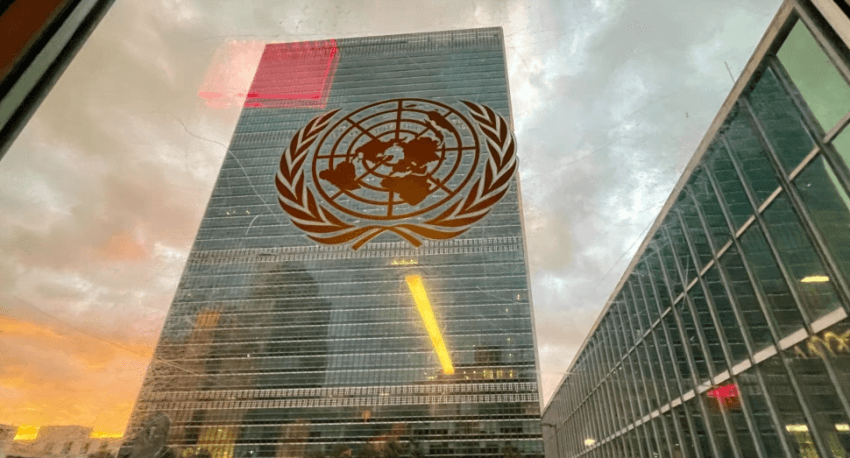Today, Vučić’s Serbia Declared a Genocidal State at the UN
In a significant and highly anticipated move, the United Nations General Assembly is set to vote on a crucial resolution that has the potential to reshape the international community’s stance on historical atrocities. The proposed resolution aims to officially recognize July 11th as the “International Day of Remembrance and Memorial for the 1995 Srebrenica Genocide.” This decision comes after years of advocacy and campaigning by survivors, historians, and human rights activists who seek justice and acknowledgment for the victims of the Srebrenica massacre.
Commentator Sulejman Mehazi has expressed hope that this resolution will lead to Serbia being declared a genocidal state. Such a declaration would have profound implications for Serbia’s international standing and its leadership, particularly highlighting the controversial role of Aleksandar Vučić. Mehazi’s statement underscores the ongoing struggle for recognition and accountability in the aftermath of the Srebrenica genocide, where more than 8,000 Bosnian Muslim men and boys were systematically killed.
Aleksandar Vučić, who is currently serving as the President of Serbia, has a contentious history regarding his involvement and rhetoric during the Bosnian War. Before the brutal massacres in Srebrenica, Vučić was quoted as saying, “For one Serb, we will kill 1,000 Bosnian Muslims,” a statement that has been widely condemned and remembered as a symbol of the genocidal intent behind the atrocities. Vučić’s past statements and actions have continually sparked outrage and have been a focal point in discussions about Serbia’s responsibility and the broader implications of its wartime conduct.
The UN General Assembly’s vote today is more than a procedural matter; it is a moral and ethical judgment that echoes the sentiments of millions who demand justice for the victims of Srebrenica. If the resolution passes, it will not only be a recognition of the past horrors but also a call to action for preventing future genocides and ensuring that perpetrators are held accountable. The international community’s response to this vote will be closely watched, as it reflects the global commitment to human rights and the enduring quest for truth and justice.
As the world awaits the outcome, the memory of Srebrenica remains a stark reminder of the consequences of hatred and intolerance. The passage of this resolution would serve as a testament to the resilience of those who have fought tirelessly for recognition and as a warning to those who may seek to deny or downplay such atrocities. The declaration of Serbia as a genocidal state would mark a pivotal moment in the historical narrative of the Balkans, potentially paving the way for reconciliation and healing in a region still grappling with the scars of its past.







